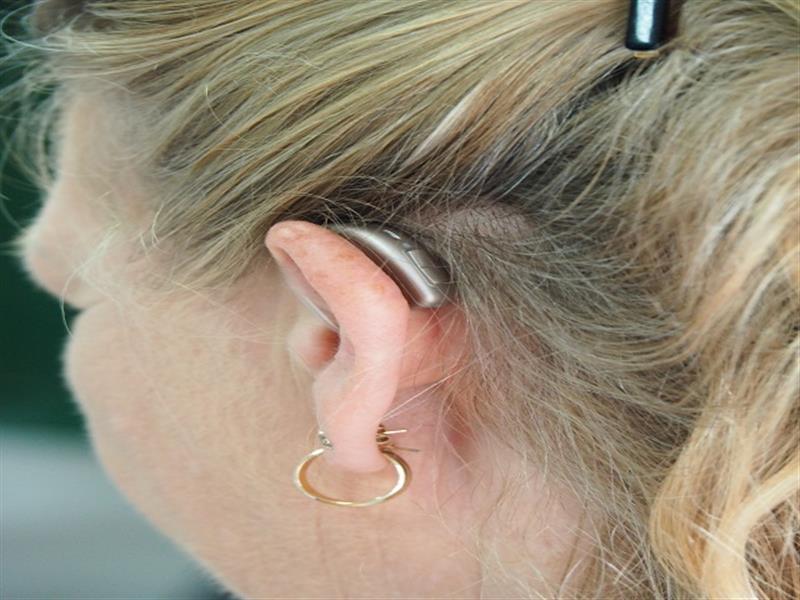
Hearing loss can occur at any age, but it is more common as people get older. Age-related hearing loss, also known as presbycusis, typically begins around age 60 and progresses gradually over time. However, some people may experience hearing loss earlier or later in life, depending on factors such as genetics, noise exposure, and medical conditions. It's important to have regular hearing tests to monitor changes in your hearing and address any issues as soon as possible.
Hearing loss is a common problem that affects people of all ages, from infants to seniors. However, as we age, our hearing naturally deteriorates, making it more difficult to hear high-frequency sounds and conversations in noisy environments. In this blog post, we'll explore the timeline of hearing loss throughout our lives and what we can do to protect our hearing.
Infancy and Childhood
Hearing is essential for speech and language development, socialization, and learning. Infants are screened for hearing loss shortly after birth, and those who fail the screening are referred for further testing and intervention. Children who experience hearing loss may struggle to develop language and communication skills, leading to delays in academic achievement and socialization.
Adolescence and Young Adulthood
During adolescence and young adulthood, noise-induced hearing loss is a significant risk factor. Young people often engage in high-risk activities such as attending loud concerts, listening to music with earbuds at high volumes, and using firearms without hearing protection. Exposure to loud noise over time can damage the hair cells in the inner ear, leading to permanent hearing loss.
Middle Age
By middle age, most people will have some degree of hearing loss, particularly in the higher frequencies. This type of hearing loss is known as presbycusis, and it is a natural result of aging. Presbycusis can make it difficult to understand speech in noisy environments and to hear high-pitched sounds such as the chirping of birds or the ringing of a phone.
Seniors
As we enter our senior years, the risk of hearing loss increases significantly. Nearly one in two people over the age of 65 has some degree of hearing loss, and this figure rises to three out of four people over the age of 75. Age-related hearing loss can be compounded by other factors such as noise exposure, medical conditions, and medications.
What Can We Do to Protect Our Hearing?
While hearing loss is a natural part of the aging process, there are steps we can take to protect our hearing and minimize the impact of hearing loss. These include:
1. Wearing hearing protection in loud environments such as concerts, sporting events, and construction sites
2. Turning down the volume on personal listening devices such as phones and MP3 players
3. Taking breaks from noisy activities to give our ears time to rest
4. Having regular hearing tests to monitor our hearing and detect changes early
5. Treating medical conditions that can contribute to hearing loss, such as high blood pressure and diabetes.
Protect Against Hearing Loss At Any Age
Hearing aids are a common solution for individuals with hearing loss, regardless of their age. They work by amplifying sound to help people hear more clearly, making it easier to understand speech and communicate with others.
Here are some ways hearing aids can help protect against hearing loss at any age:
1. Intervention:
Getting hearing aids early on can help prevent further hearing loss by reducing the strain on the ears to hear. With hearing aids, individuals can hear more clearly and reduce the need to strain or turn up the volume on other devices, such as the TV or phone. This can help prevent further damage to the ear and preserve hearing.
2. Improved Communication:
Hearing aids can also help individuals communicate more effectively in different environments, such as in noisy restaurants or at social gatherings. By reducing the strain on the ears, individuals can better focus on conversations and improve their overall communication skills. This can also help prevent social isolation or depression that can be caused by hearing loss.
3. Safety:
Hearing aids can improve safety by enabling individuals to better hear warning signals or approaching vehicles. This is particularly important for individuals who work in noisy environments or participate in activities that require hearing, such as driving or participating in sports.
4. Improved Quality of Life:
By improving hearing and communication, hearing aids can help individuals enjoy a better quality of life. They can participate in activities they enjoy, communicate more effectively with loved ones, and improve their overall well-being.
Hearing aids can help protect against hearing loss at any age by improving communication, reducing the strain on the ears, improving safety, and improving overall quality of life. If you or someone you know is experiencing hearing loss, it's important to speak with a hearing healthcare professional to determine the best course of action for managing the condition.
It's ideal to keep yourself as educated with your hearing aids and a new breakthrough in the technology. Ask your query via Book an Appointment today. For more information visit https://hearing.careinc.ca or you can call us today at (403)605-6300